DMOZ closes down. For those that have been out of the loop, DMOZ closed down on March 17th, 2017. DMOZ is an acronym for Directory Mozilla also known as the Open Directory Project (ODP) and was created as a directory of website links and descriptions listed by various categories. It’s goal was to organize the internet so to speak. The directory got it start in 1998 and was a fantastic way to get a high priority link to a website to boost it’s rankings. Google has since downgraded the usefulness of DMOZ for link purposes, but at one time it was an absolute gem.
DMOZ was an Open Source, volunteer managed initiative who was administered by AOL. The goal was a commitment to keeping a free and open resource tool for the Web community.
Are Directory Links Important?
Back in 2016 John Mueller and Gary Illyes from both made negative comments about directory links and the use of them to provide a boost to rankings.
Directories are very often not the right way to build links. Make sure you know what you’re doing & remember that there’s manual actions too
— Gary Illyes ᕕ( ᐛ )ᕗ (@methode) September 30, 2016
Gary IIIyes Twitter Link Talking About Directories
Directories? o_O #timewarp
— John ☆.o(≧▽≦)o.☆ (@JohnMu) September 30, 2016
John Mueller Twitter Link Talking About Directories
My take is there is still some value in directory links, especially when it comes to local SEO. Directory links are also important for creating citations, which still seems to be a factor when it comes to boosting your overall business name in the local 3-pack and help in ranking. If it wasn’t of any value, companies like Moz Local, Whitespark, Brightlocal, Synup and YEXT probably wouldn’t be in business
DMOZTOOLS.net
Currently the DMOZ tool is being housed at https://dmoztools.net/.
Will DMOZ’s closure effect rankings?
Google’s official response about the DMOZ closure is that they will no longer be using DMOZ results as a fallback.
From Google’s response it appears that many listings where the meta description was missing and Google used DMOZ to improve the meta description, Google will revert back to lower quality descriptions.
The other important thing to remember is snippets where Google was getting information from DMOZ will no longer be used.
NOODP Directive
With the demise of DMOZ, you no longer need (that is if you even knew), the NOODP Directive. The directive essentially told Google not to use the DMOZ description and instead use whatever was provided.
Matt Cutts goes into detail about Snippets (titles and descriptions) and what you should use to help you with your Search Result Snippet.
Bottom Line
As a SEO company, I think the demise, at least for now of DMOZ is a good thing for new companies. Older companies who were listed on DMOZ had a competitive advantage SEO wise and it made it harder for new companies to compete on the same level. Over the last few years getting listed on DMOZ was almost impossible, so in the end I am glad their gone and the link juice it provided has been greatly diminished.
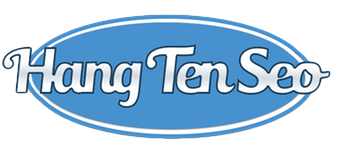
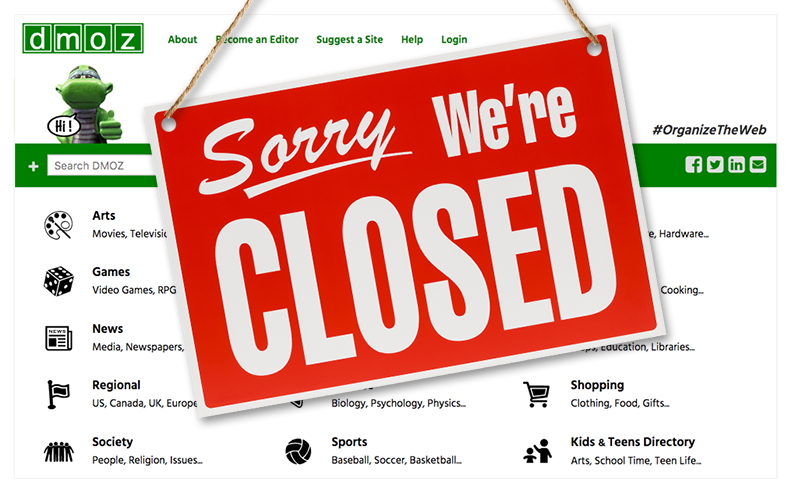

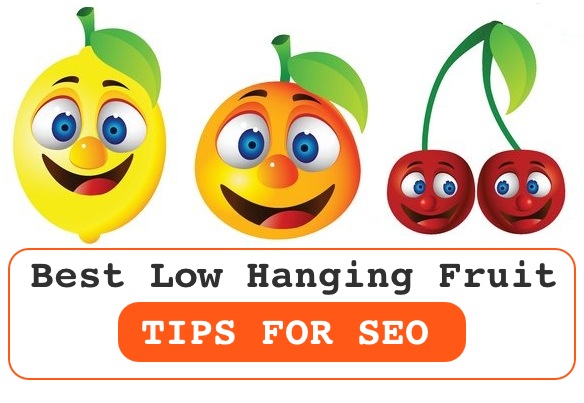

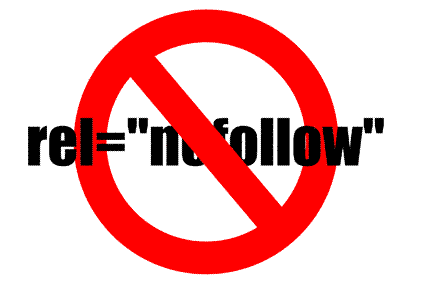




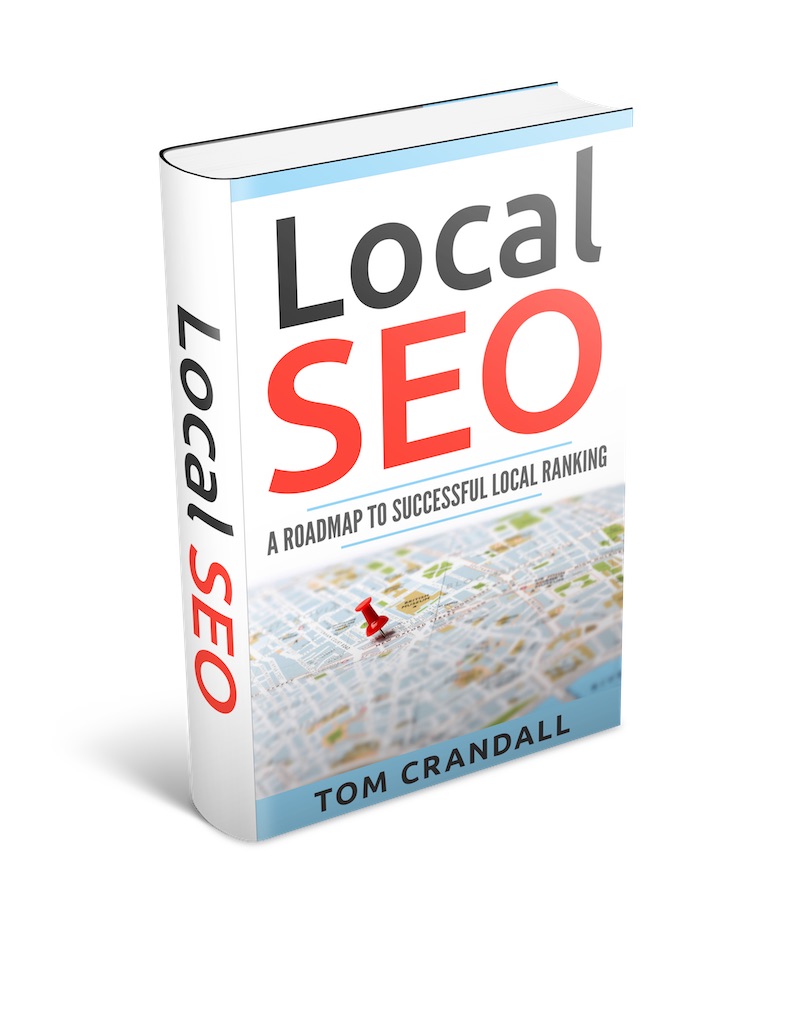
I am so glad. I hated those guys. I spend hours filling out their stupid forms and I never heard back and never got one website in. RIP and I will dance on your grave Dmoz.